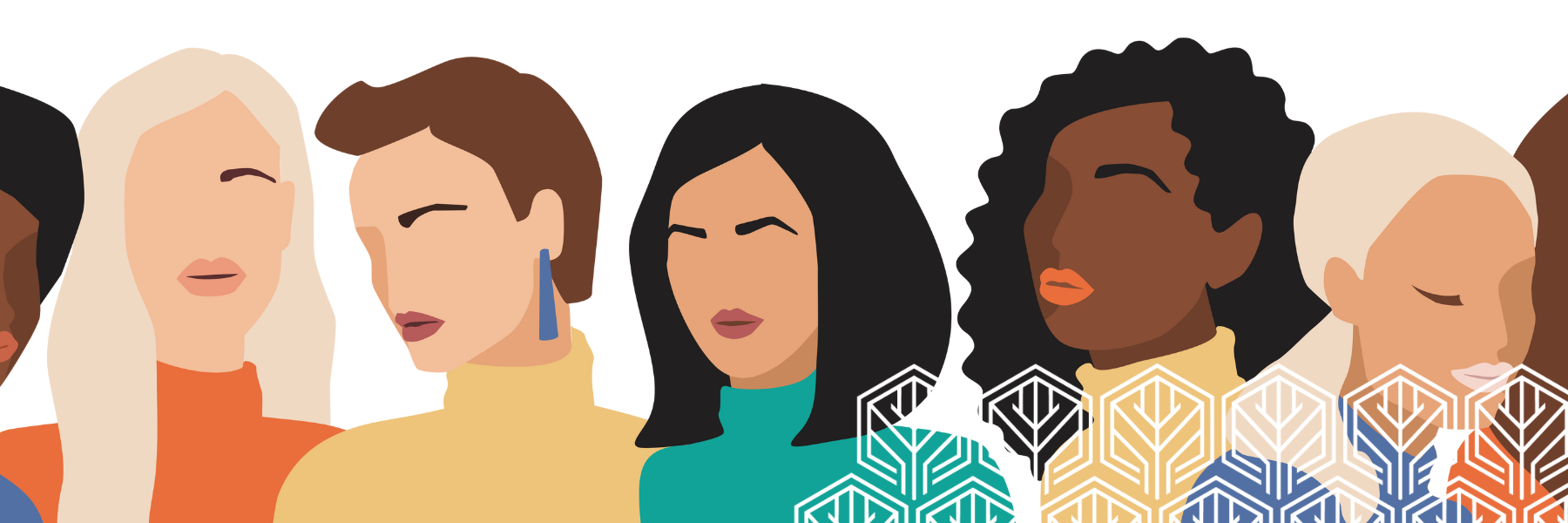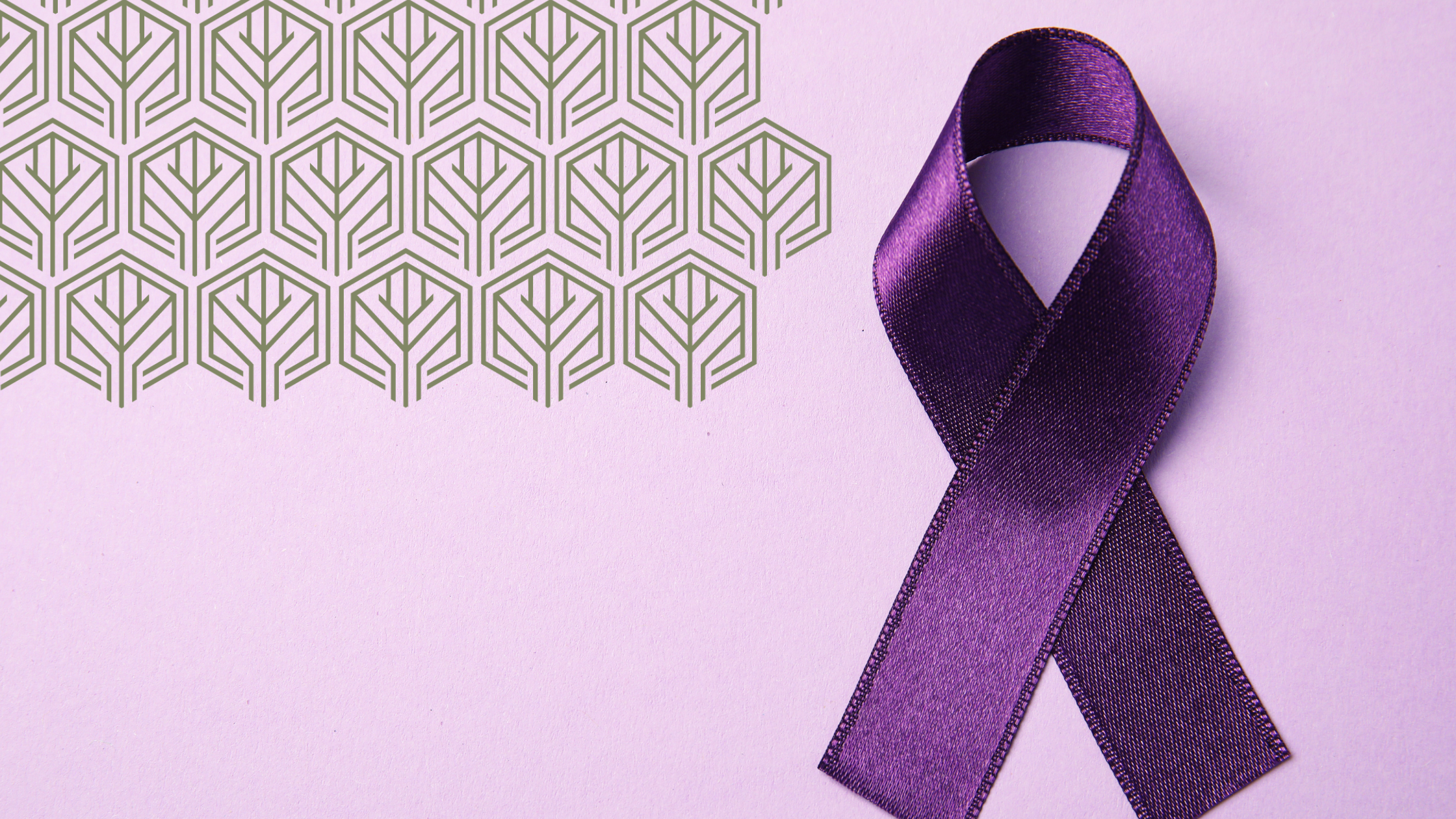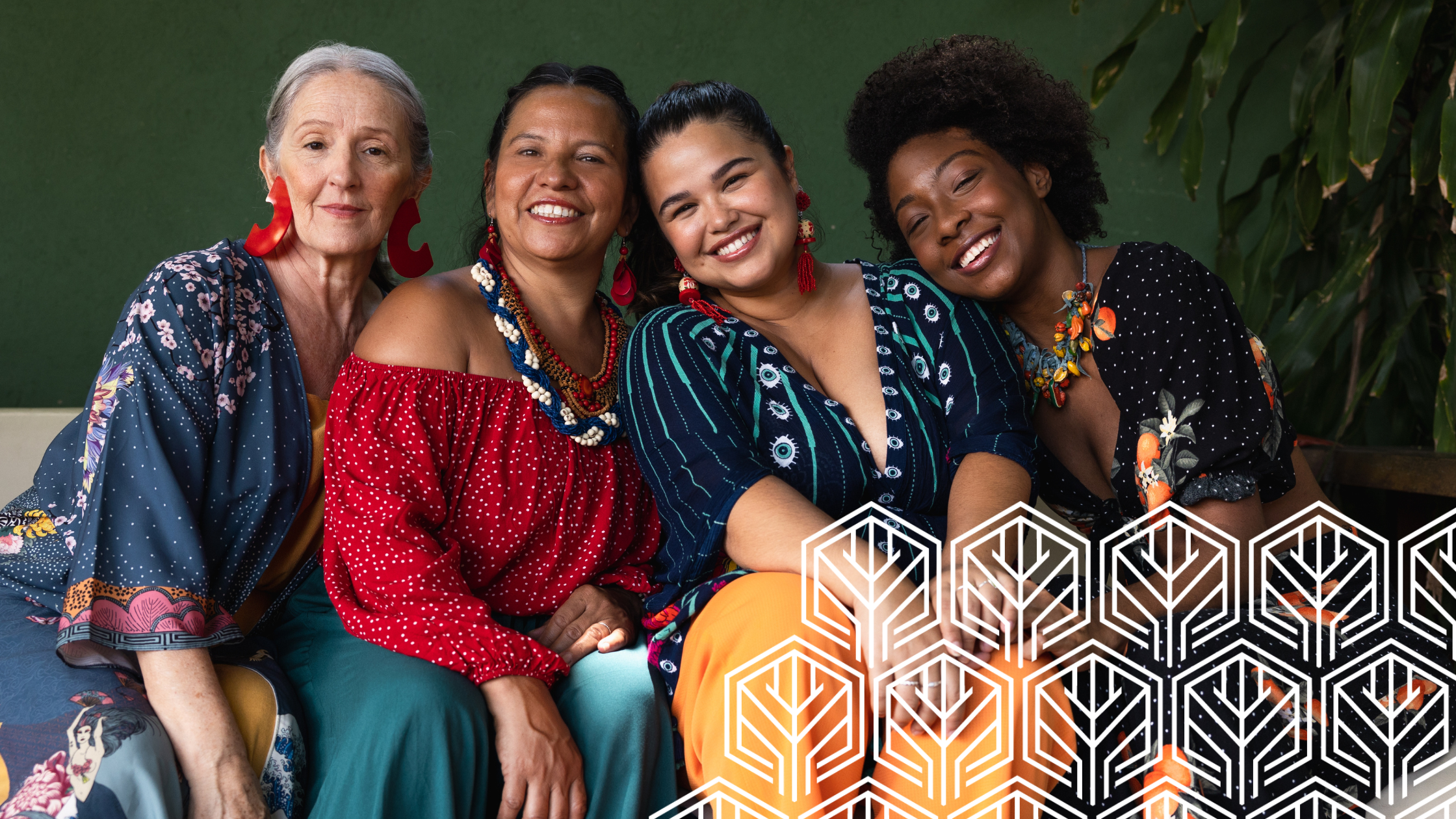[vc_row][vc_column][vc_column_text css=”.vc_custom_1711640523303{margin-bottom: 0px !important;}”]I loved one-sided “conversations” with my son when he was an infant and it’s one of my favorite things about postpartum visits now. I refer to all my clients by their first names, however, when I’m providing postpartum support to clients I know identify with terms like “woman”, “mother”, and “mom”, I often find myself talking to Baby about how wonderful their mama is and what a great job she’s doing, especially when they get to the stage where their eyes follow her around the room lovingly.
This often sparks a conversation with the client, especially if no one else is there. That’s part of my goal. In a patriarchal world, “mother” is a loaded construct. Adjusting to the idea that you are now someone’s “mama” is one of the most emotionally and psychologically intense aspects of the postpartum experience for first and only-timers because of everything that is expected of motherhood.
Canadian feminist scholar Dr. Andrea O’Reilly has devoted her academic career to understanding what it means to be a mother. A mother of three herself, she understands “motherhood” as something separate from “mothering”. Motherhood is a patriarchal institution that sets rigid, specific, and unattainable expectations on the care work of raising children as a means of exerting control over women’s bodies and lives. To meet patriarchal expectations of motherhood women must be selfless, long-suffering, patient and kind, and compliant with expectations of good, wholesome women. Patriarchy’s archetypal mother does not sexualize herself, but she also doesn’t “let herself go”. She keeps an immaculate home and serves balanced, from scratch meals. She has well-groomed, well-behaved children. She always knows exactly what to say and do to comfort her family and keep peace and order in the home. By the 1980s, contributing to the household income was added to the list of expectations. As an avid fan of The Cosby Show, it did not strike me as unusual that high-powered lawyer and mom of 5 Clare Huxtable would make fresh squeezed OJ and pancakes from scratch for her brood on Saturday mornings, served in the comfort of their stunning, self-cleaning Park Avenue home.
As a working mom of one in 2024, it strikes me as absurdly implausible, and that’s intentional. The point is not for anyone to be as perfect as an 80s sitcom mom. The point is for all of us to feel like we’re failing by comparison.
Conversely, O’Reilly defines “mothering” as autonomous, empowered, and priceless social labour that we construct and define according to our deep knowledge of family, community, and personal needs. As a verb rather than a noun, “mothering” is action-oriented and the role is created by those who enact it. Mothering does not require the relinquishment of self but affirms each mother’s right to undertake the role in a manner that is faithful to her authentic self.
When supporting new mothers I hold space for their joy and discomfort with being called “mama”. I normalize using alternative monikers if that’s preferable. My wife was not comfortable with “mother” as a label, so we went with a variation of her nickname instead. I encourage them to insist on making space for the things that made them “them” before they had their beloved baby. We unpack unrealistic and sexist expectations of moms as they arise. I affirm the need to putting yourself first sometimes, for the overall good of the family. We lay the groundwork for them to define the role according to what works for them and their family. Liberating new mothers from the constraints of motherhood and facilitating their intuitive enactment of mothering is one of my favourite aspects of being a doula.
We hope our woman-identified audience is having an affirming Women’s History Month this March. For those of you who mother, we affirm your right to do this living giving, nurturing work on your terms. [/vc_column_text][/vc_column][/vc_row][vc_row][vc_column][vc_single_image image=”534490″][vc_column_text css=”.vc_custom_1711640593876{margin-bottom: 0px !important;}”]Keira Grant (she/her) Inclusion and Engagement Lead – Racialized Communities
Keira brings a wealth of experience to the Online Community Moderator role. She is a Queer, Black woman with a twenty-year track record in Equity, Diversity, and Inclusion (EDI) education, projects, and community building initiatives.[/vc_column_text][/vc_column][/vc_row]



